

PDO's environmental performance has quantifiably improved every year since 1995, when the company established a measurable composite environmental performance index (CEPI).
Since 1997 the data underlying the CEPI have been independently verified.
PDO was awarded a certificate of compliance with ISO 14001 in 1999. It thereby became the first exploration and production company in the Middle East (and one of a select few in the world) to be awarded the certificate for the entirety of its operations. The certificate recognises PDO's environmental management systems as being of the highest standard.
PDO has conducted a series of comprehensive environmental assessments to cover all its concession areas.
The objective of these assessments is to identify the significant environmental aspects of PDO's activities and to obtain government permits for all operations.
When crude oil comes to the surface, it is often mixed with highly saline water.
Indeed, PDO's wells produce substantially more water than oil.
PDO sponsoried a project, executed by the Ministry of Regional Municipalities and Environment and Sultan Qaboos University, to promote the growth of coral reefs south of Fahal Island by means of "reef balls": large perforated, spherical shells of chemically adjusted concrete that provide a substrate for marine growth.
Oil wells can produce copious amounts of highly saline water together with crude oil. Of course, nearly all the oil is separated from the water, but the "produced water" that remains has to be disposed of in a safe and environmentally responsible way.
It is PDO's ultimate goal to dispose of all produced water under government-issued licences
PDO has a standing policy to design, maintain, operate and abandon facilities containing environmentally harmful material in such a way as to prevent accidental releases to the environment.
In spite of these efforts, spills – mostly small ones and mostly of water – do occur. But when they occur, they are reported – no matter how insignificant they may be.



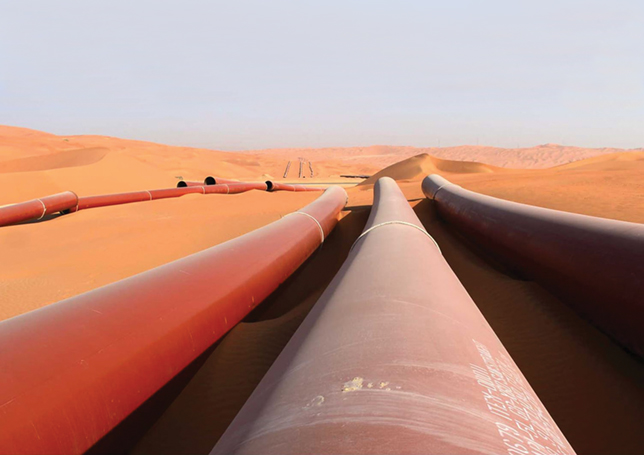
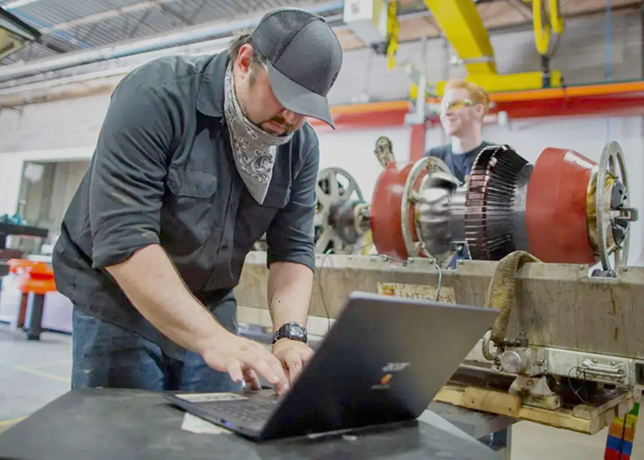




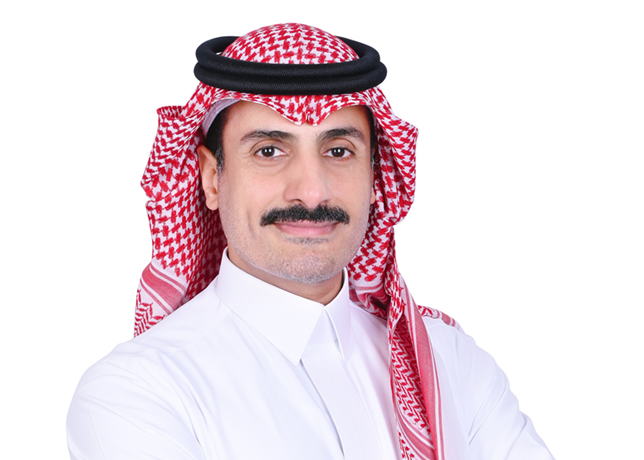
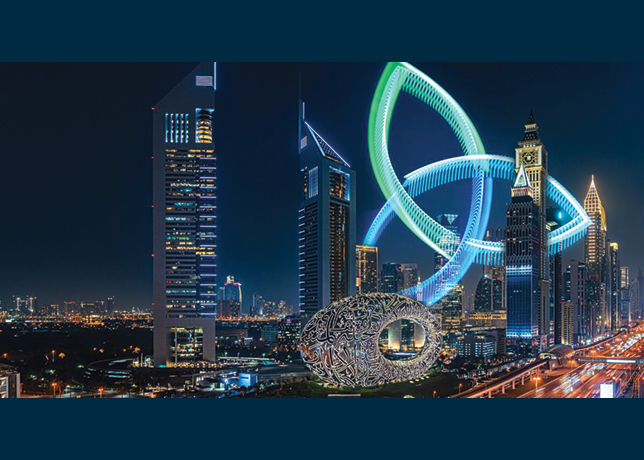
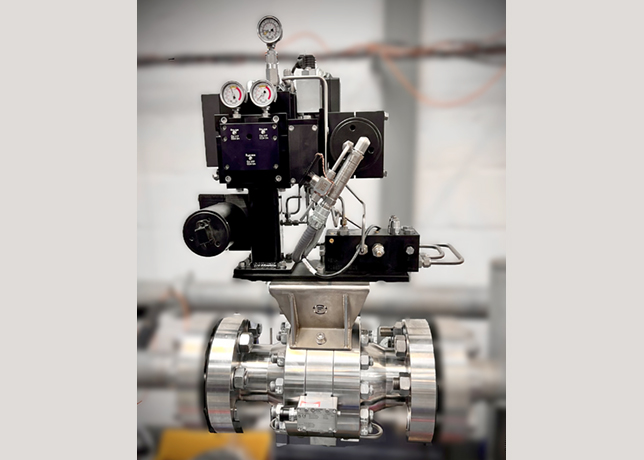
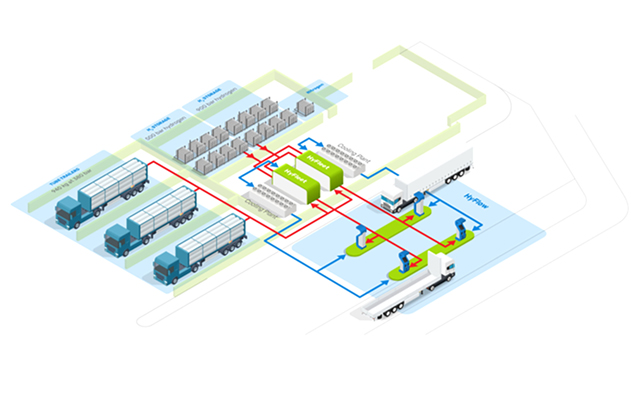
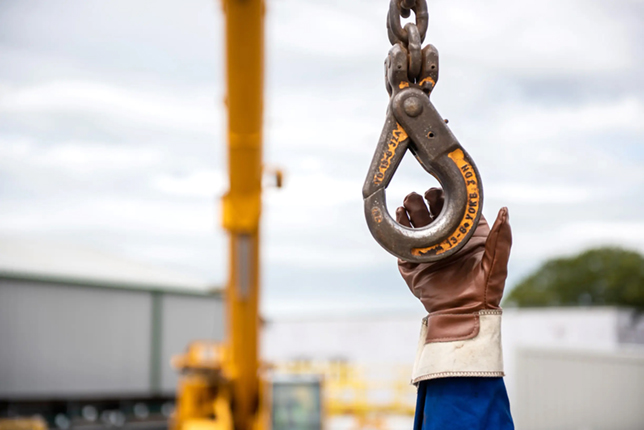
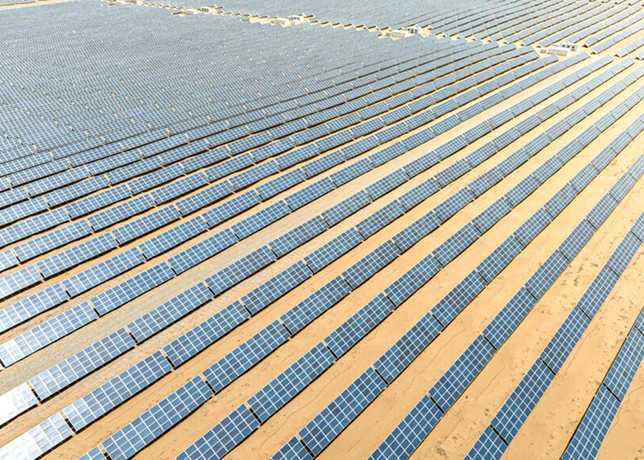
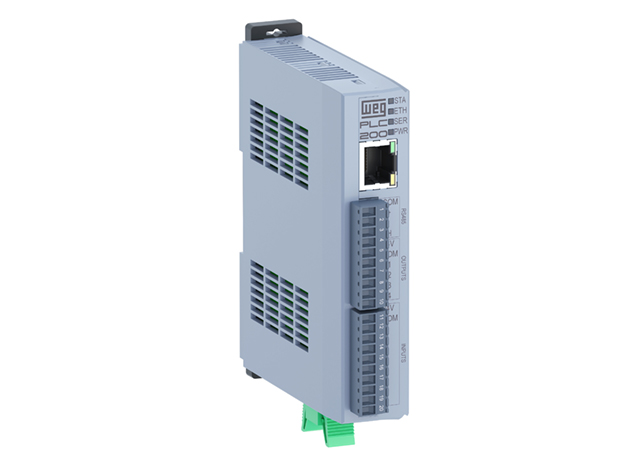
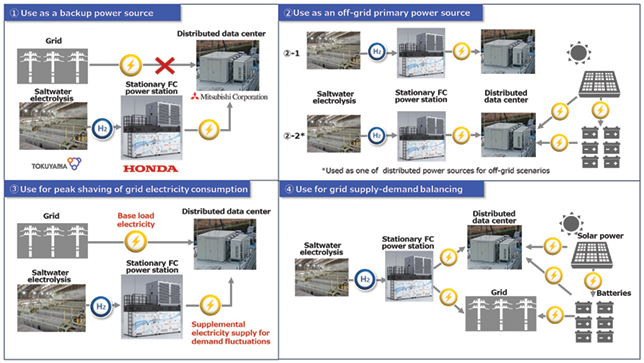
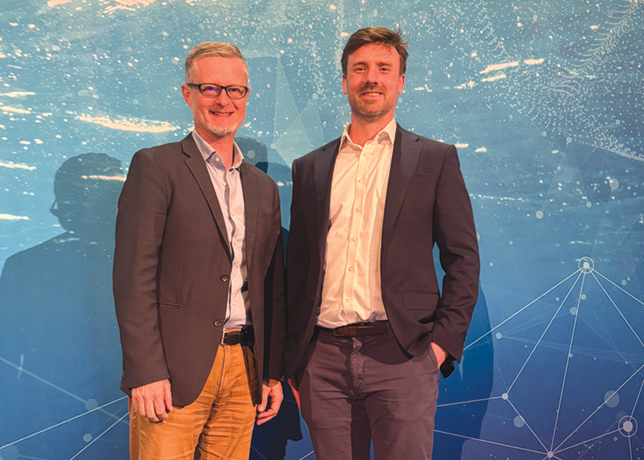

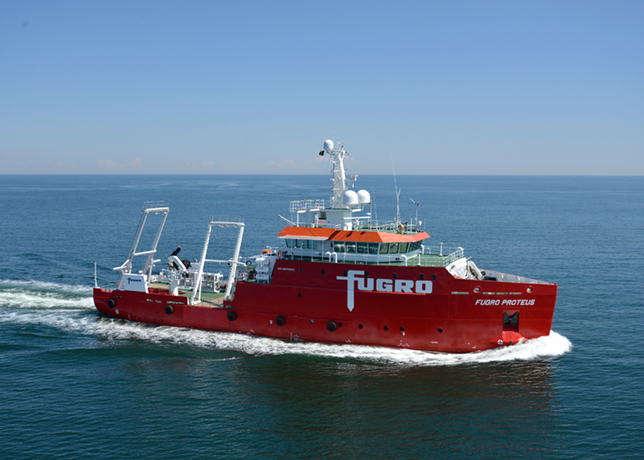


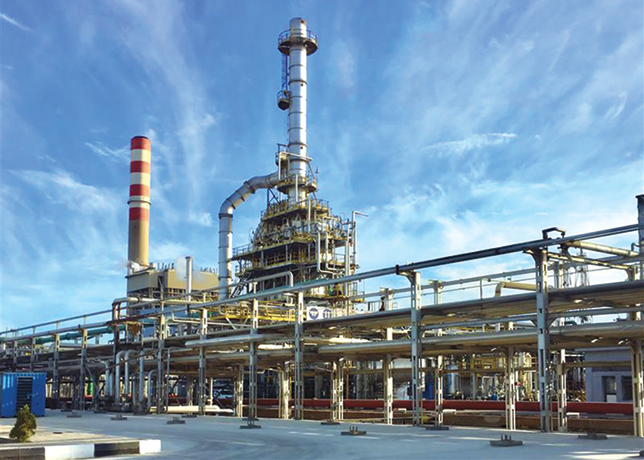
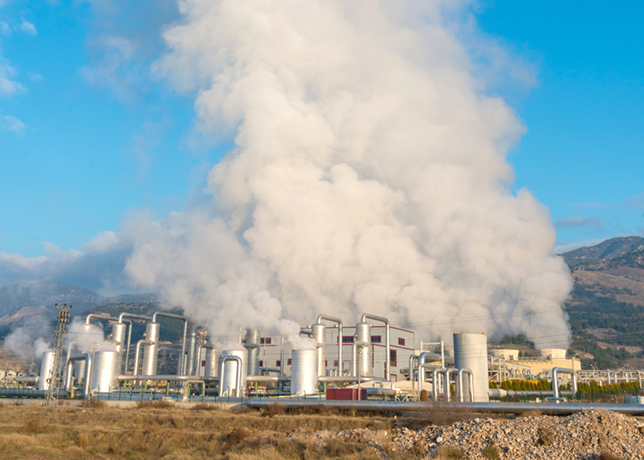
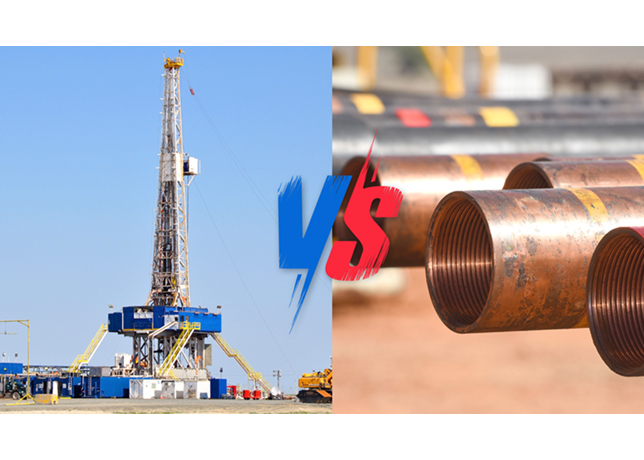
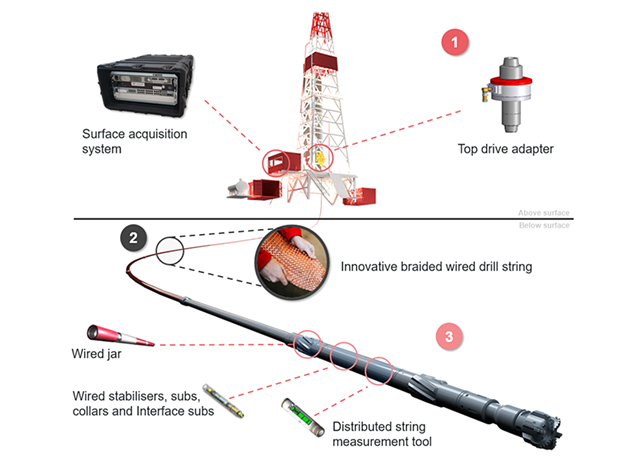
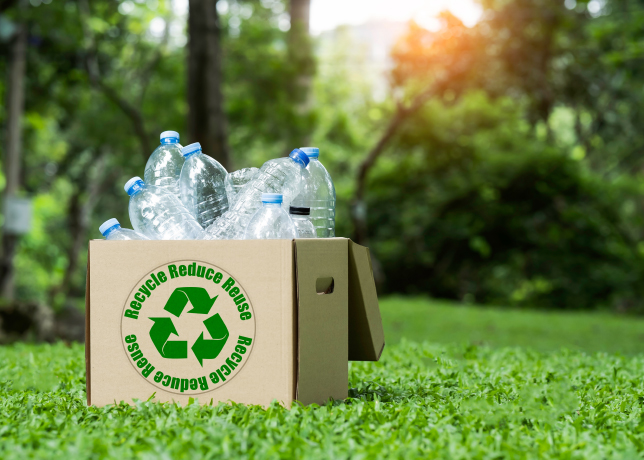
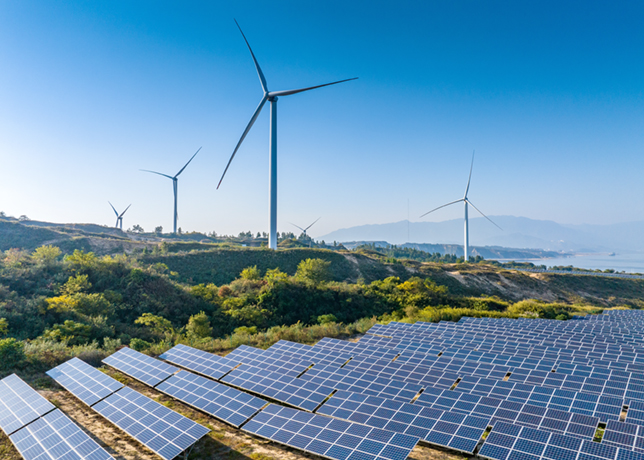
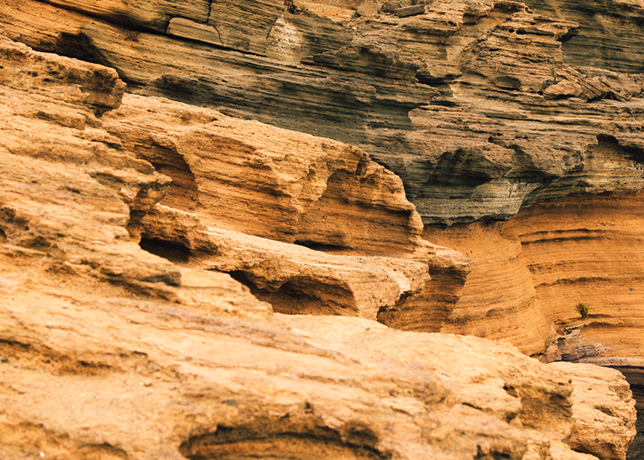



-is-one-of-the-world.jpg)
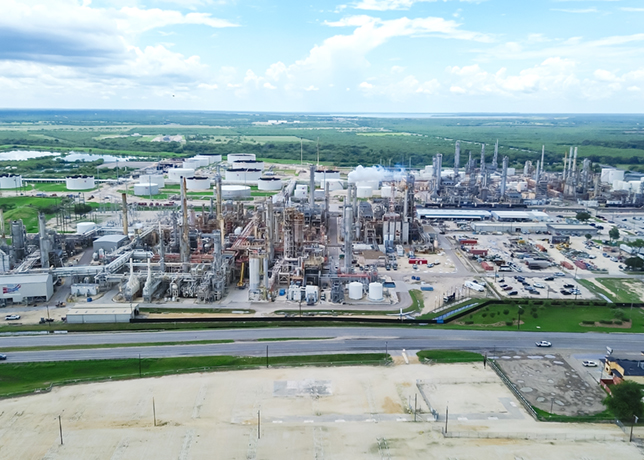
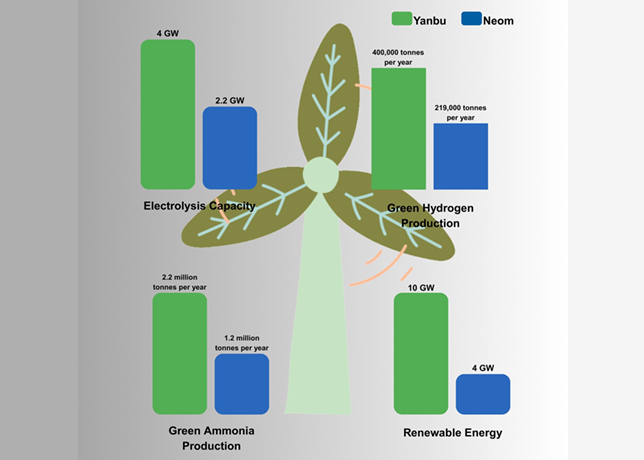

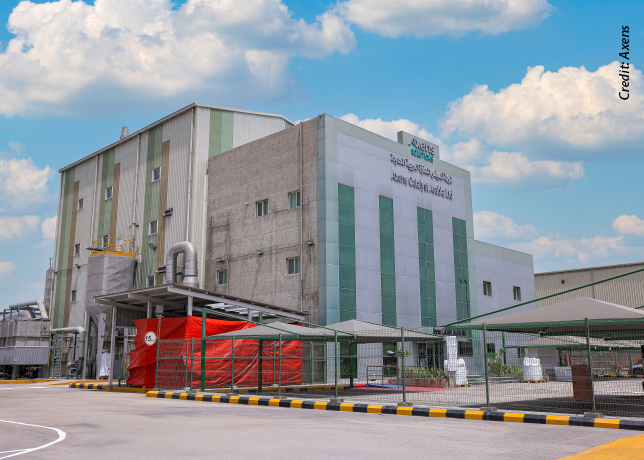

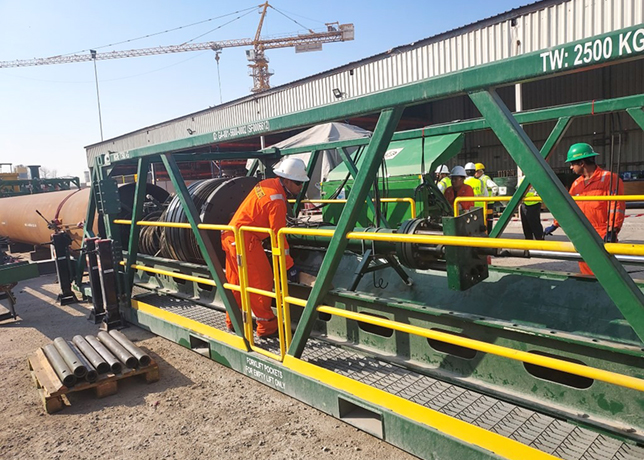
-(4)-caption-in-text.jpg)
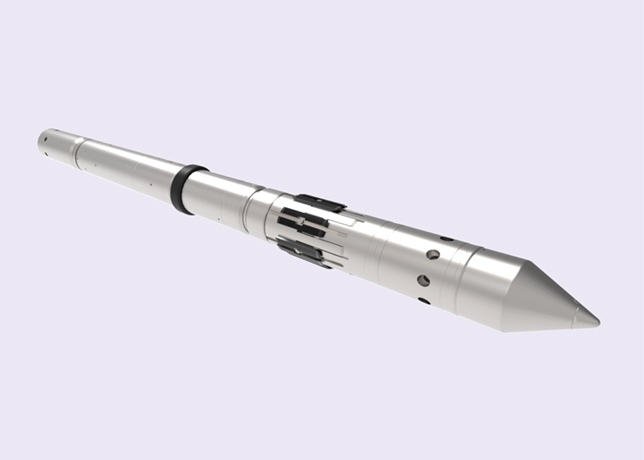
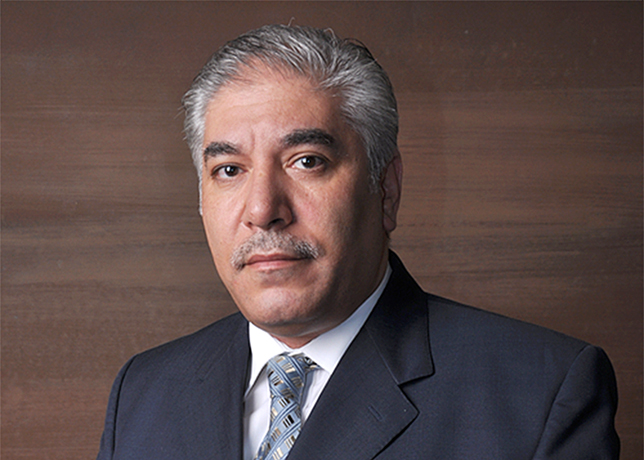


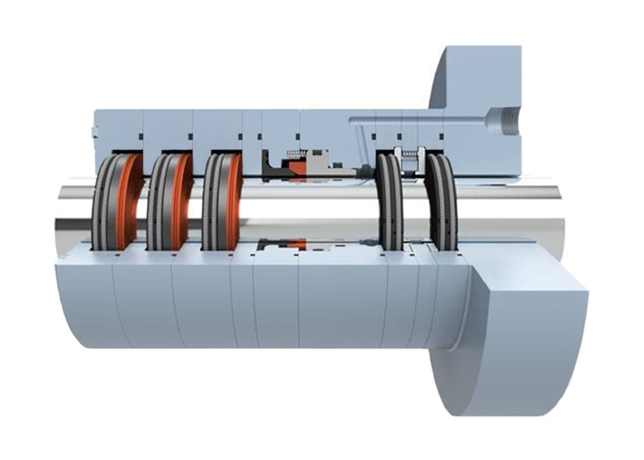

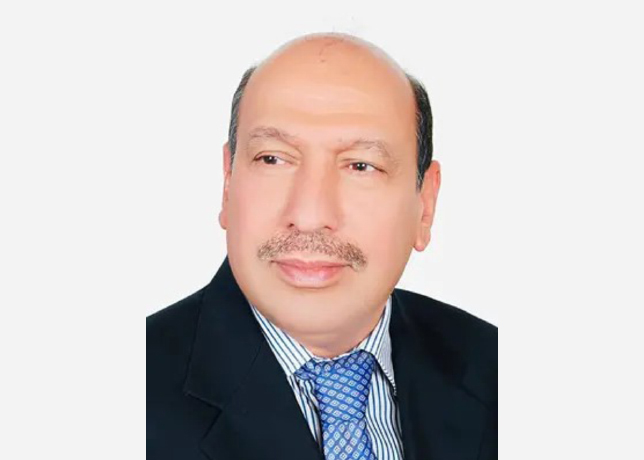
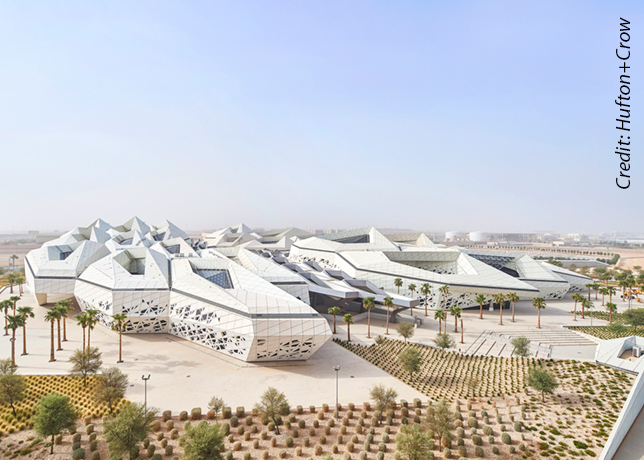
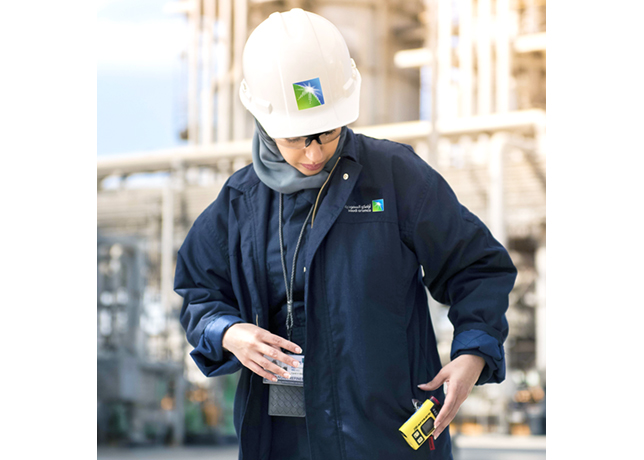
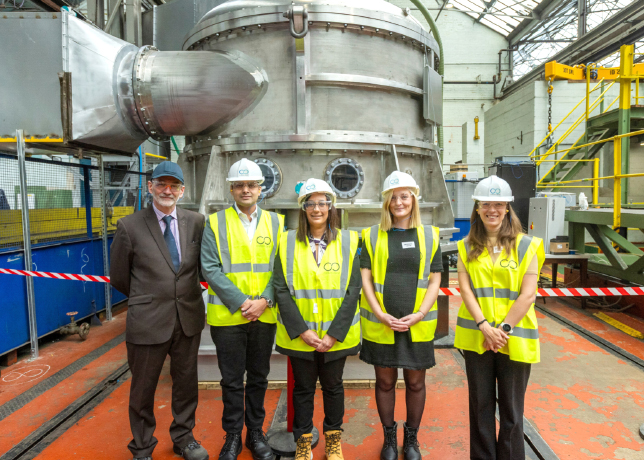
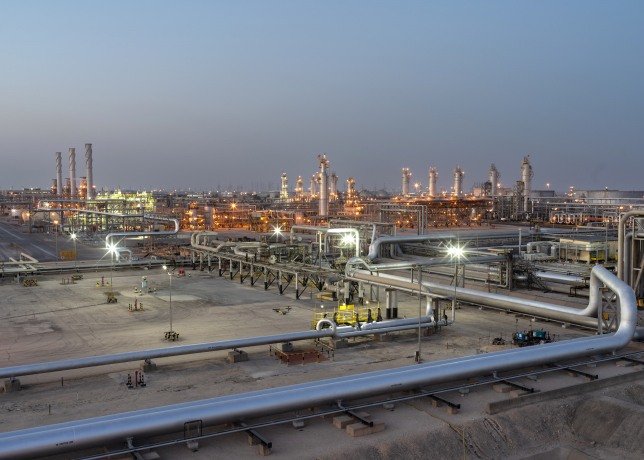
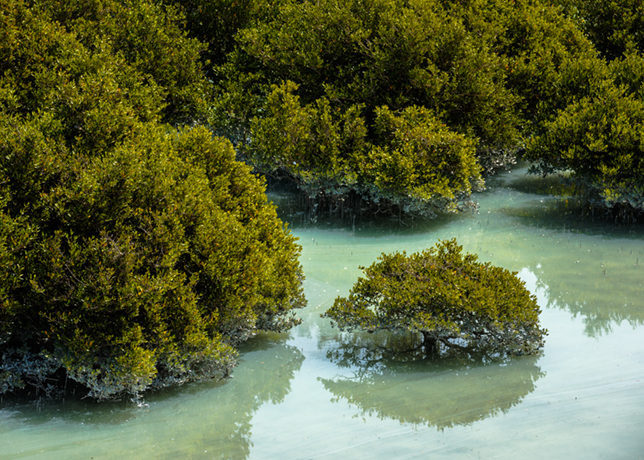
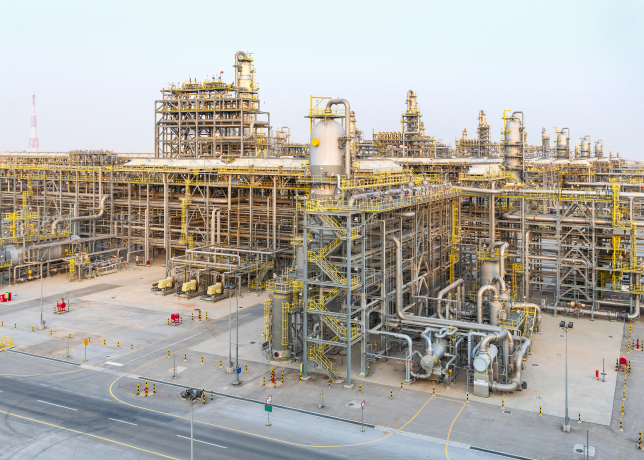
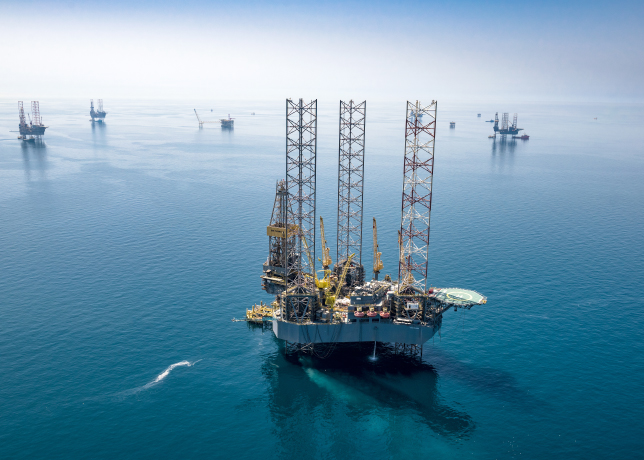
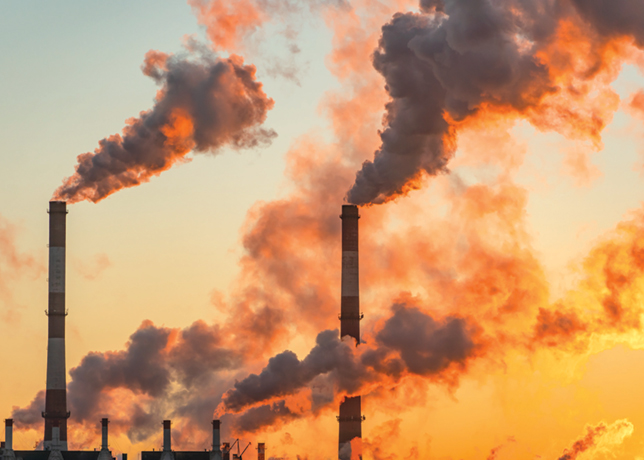
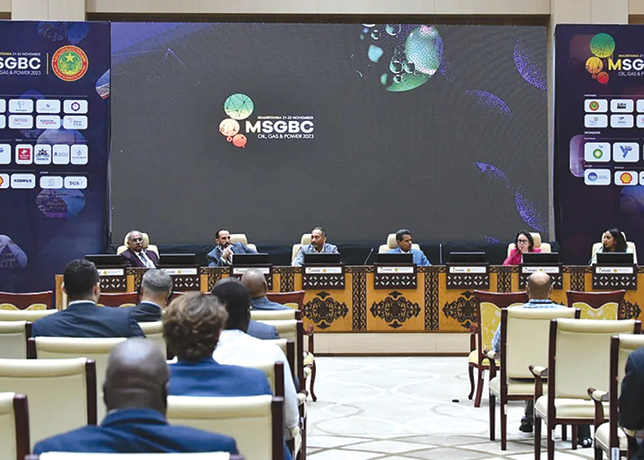
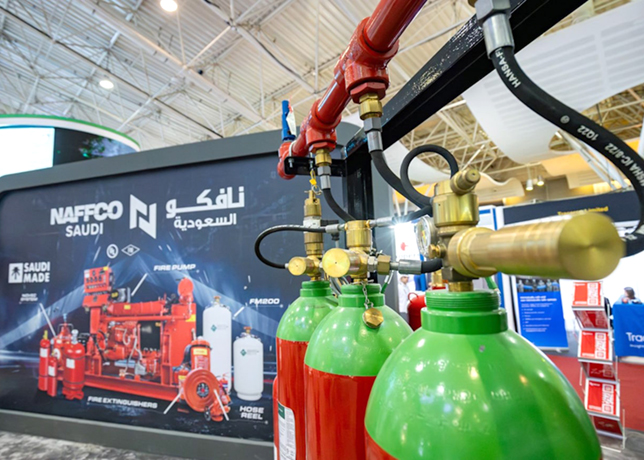
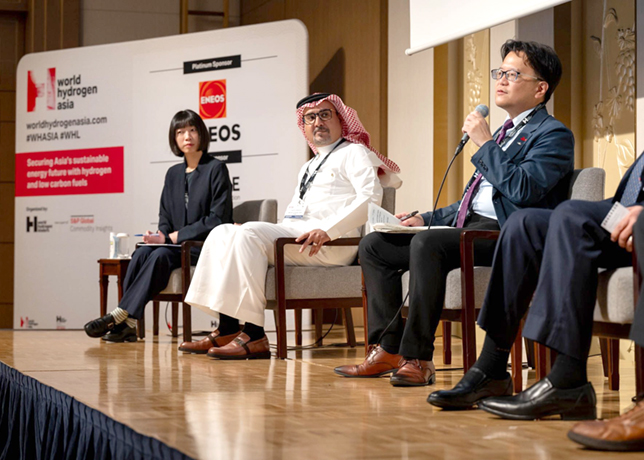
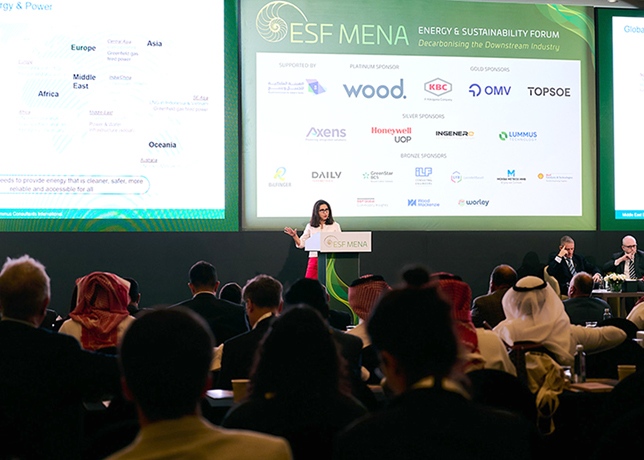
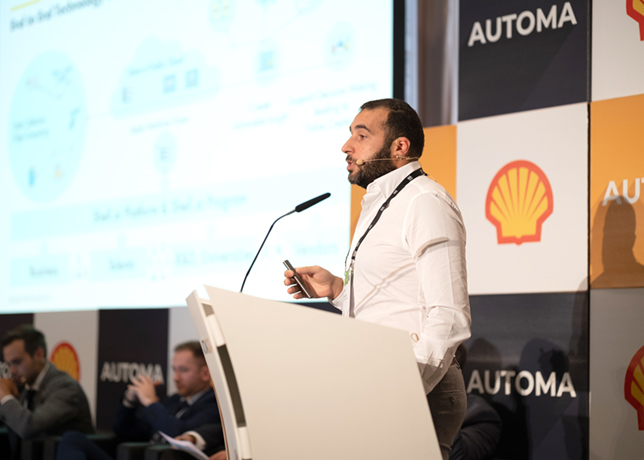
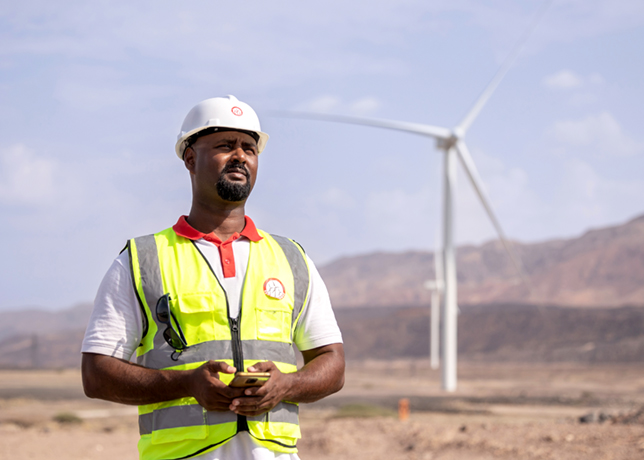
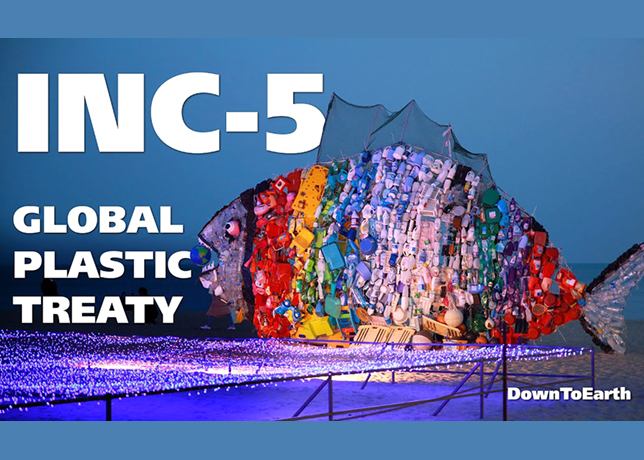
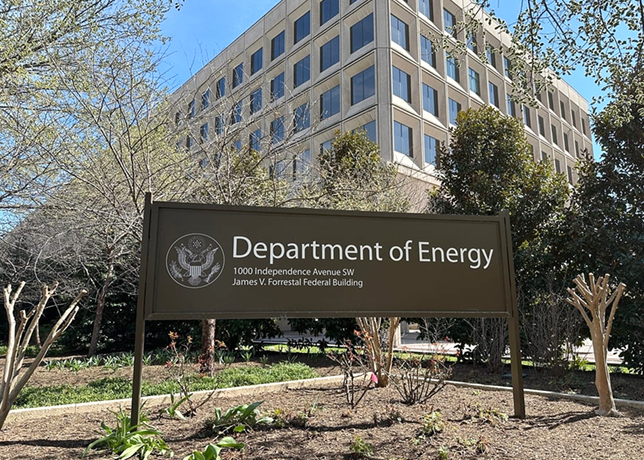

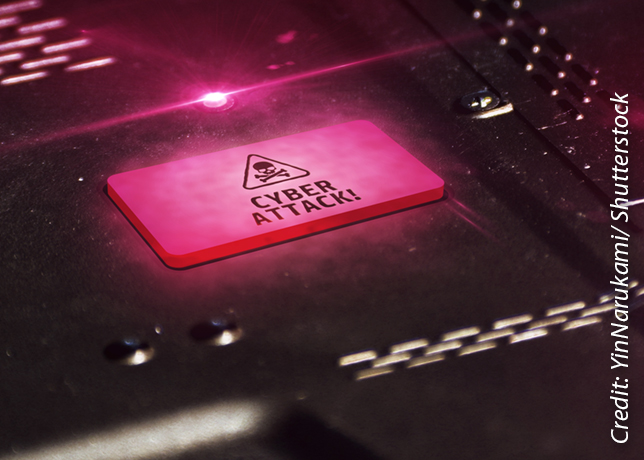
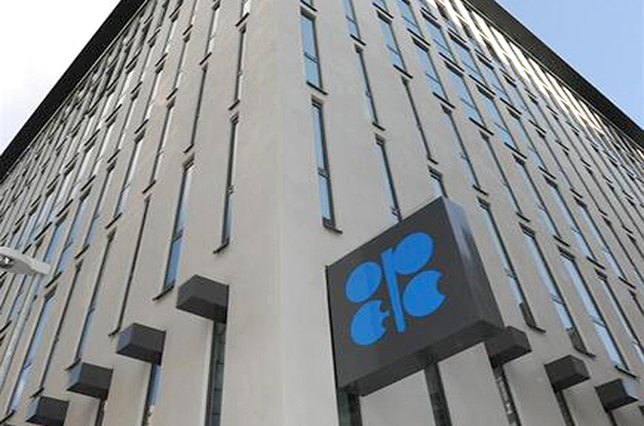
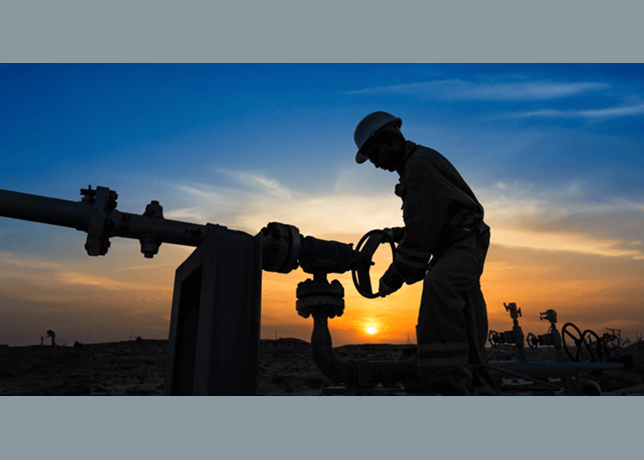
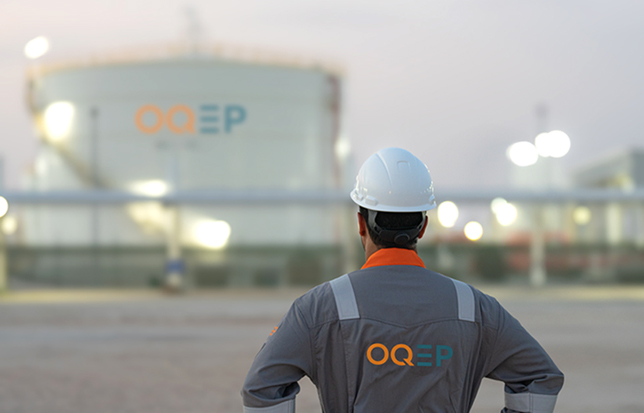
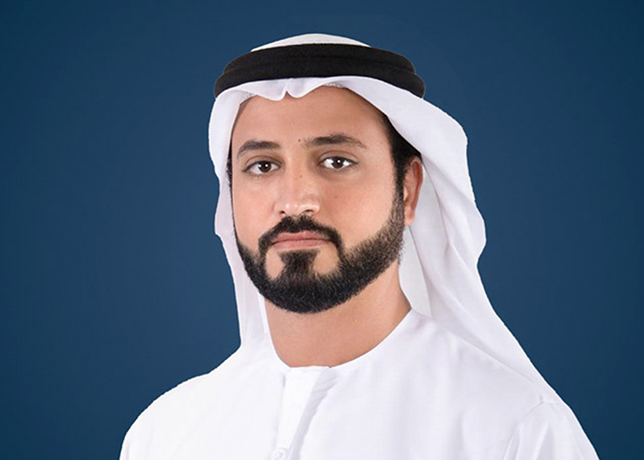
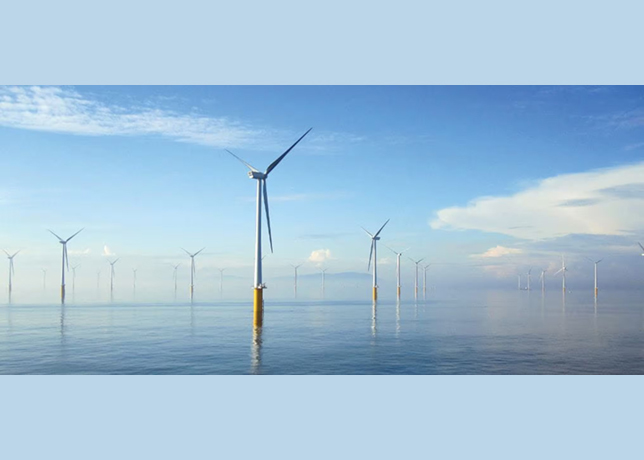
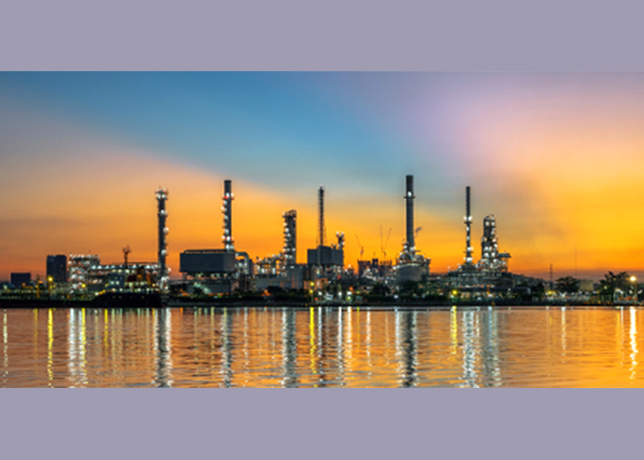




































.jpg)




.jpg)